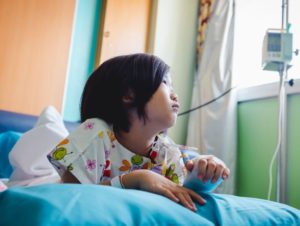TPN vs Tube Feeding: What’s the Difference?
Total parenteral nutrition (TPN) and tube feeding are two distinct methods of nutritional delivery for patients who are unable to meet their own nutritional needs. If someone is at risk of malnutrition due to an injury, disease, other medical condition, or a non-functional gastrointestinal system, supplemental feeding can help meet caloric and nutritional needs. Supplemental…
Read More








